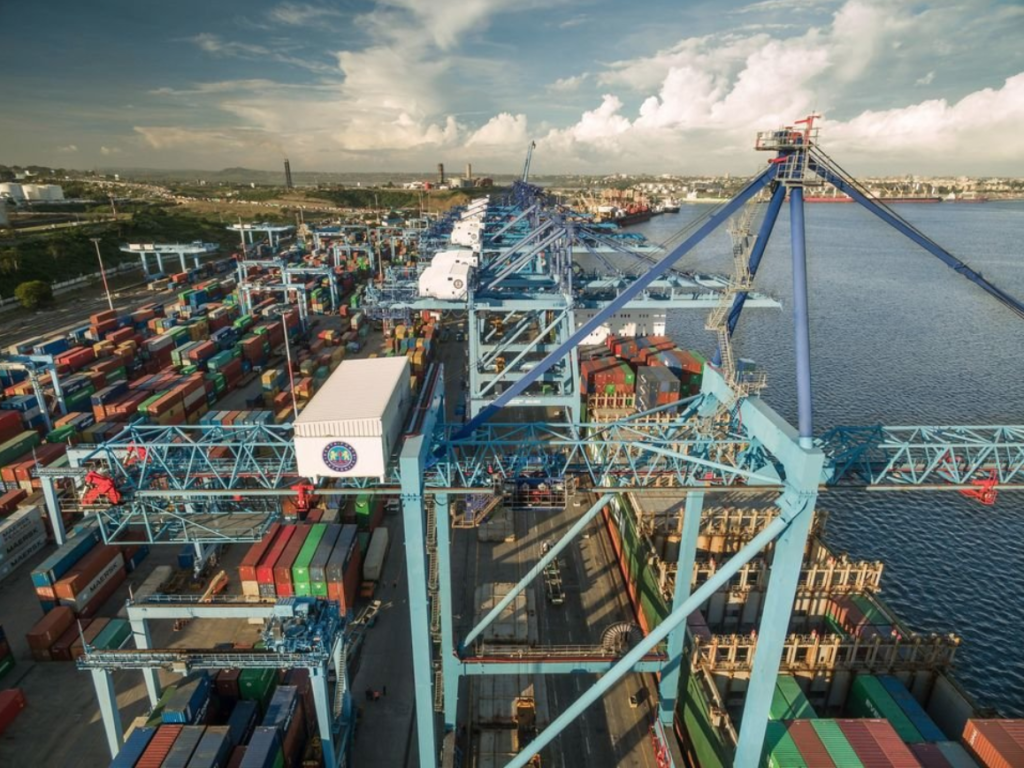Kenyan private sector business conditions have deteriorated at the sharpest pace in a year, particularly in July, as weaker deal inflows, rising prices and disruption from protests continue to put pressure on business activities, Stanbic Bank Kenya says in its research.
A Purchasing Managers’ Index (PMI) released on Tuesday, August 5, reveals that companies in Kenya also reported a quicker increase in input prices, with the pace of inflation climbing to a seven-month high. Stanbic experts noted that the contraction has led to a marked reduction in input purchases and a slight dip in inventories even as staffing numbers were broadly stable, supporting “backlog depletion”.
Christopher Legilisho, Economist at Standard Bank, said the fall in business activity was driven by weak private sector output and new deals for a third month in a row, reflecting the negative impact that recent protests have had on businesses.
The report also paints a picture of harsh economic conditions crimping consumer spending, more so in services and manufacturing. Positively, there were expansions in agriculture, construction and wholesale and retail, but it was not sufficient to lift overall economic output.
“Pricing pressures,” Legilisho points out, increased due to a rise in fuel prices by the Energy and Petroleum Regulatory Authority (EPRA) in July.
“Firms also complained that higher taxes contributed to an increase in purchase and operating costs… Overall, the private sector activity is mixed in the sense that certain sectors are doing well, while other sectors are struggling under the weight of weak consumer demand conditions,” Legilisho explains, adding that employment conditions were stable notwithstanding the dip in output.
The PMI readings above 50 points to growth of business conditions and marks its slowdown if below 50 points. Having dropped for the third consecutive month in July and further below the 50 neutral threshold, it means firms, especially private sector players, are yet to deliver excellent growth.
At 46.8, down from 48.6 in June, the index suggests a solid downturn in the health of the private sector economy. Similarly, this marked the sharpest decline in operating conditions since July 2024 – business activity fell at the strongest pace in a year in July, with 38 per cent of survey respondents signalling a downturn over the month versus 17 per cent that saw a rise.
The decline was largely concentrated in the manufacturing and services sectors, conflicting with higher output across agriculture, construction and wholesale and retail.
Businesses reportedly curbed their output because of lower sales volumes, cash flow problems, political unrest and accelerating inflationary pressures. Total new orders also declined, and at the sharpest rate for 12 months. According to survey participants, orders fell due to reduced customer spending power, higher prices and political protests leading to lower footfall.
Per the survey, sales volumes shrank again at the start of the third quarter. The month-on-month downturn was the third in succession and sharp overall, as the respective seasonally adjusted index fell to its weakest print since July 2024. The report says: “Orders were often curtailed by higher inflationary pressures and lower customer spending, as well as recent protests.”
Kenyan companies made successful attempts to reduce their work-in-hand in July, as weaker demand freed up capacity. While modest, the decrease in backlogs was the greatest recorded since April 2021. Backlog clearance was helped by employment levels remaining stable. With workloads falling, companies scaled back their purchasing activity sharply in July.
The reduction was the fastest in almost three years, led by marked cutbacks among manufacturers. Stocks of purchases also fell, representing the first monthly decline in 2025 so far. Input cost inflation rose during July, driven by a steep increase in fuel prices as well as higher tax payments, according to respondents. Notably, overall cost burdens increased at the fastest pace in seven months.
Several companies opted to pass through higher costs to customers, resulting in a solid rise in selling prices that was the most marked since the start of the year, albeit in line with the long-run trend. For the second month running, Kenyan businesses were more optimistic about future activity in July. The degree of confidence rose to its highest level in 15 months. Positive sentiment was linked to new product releases, land purchases, reoriented marketing plans and branch openings.


